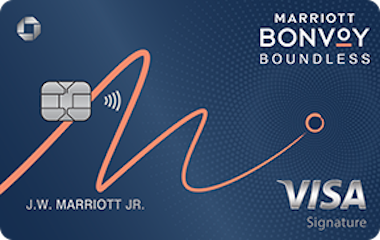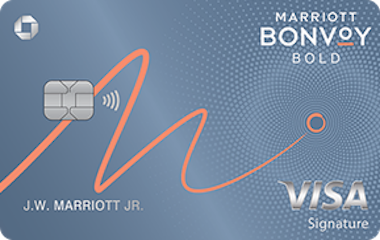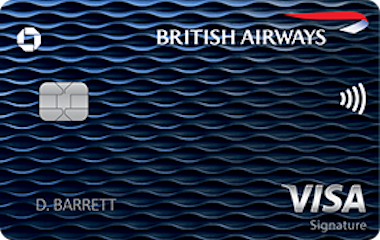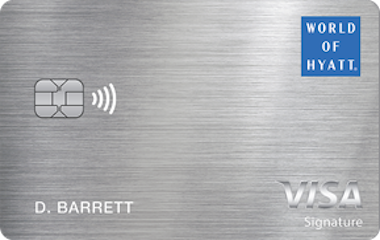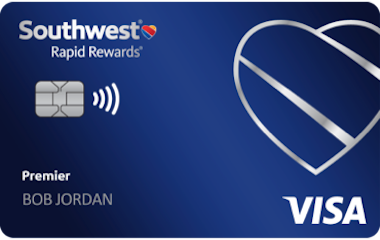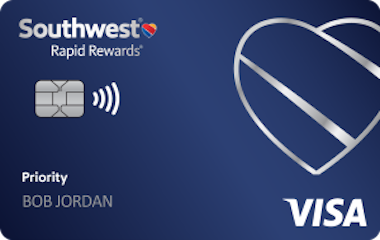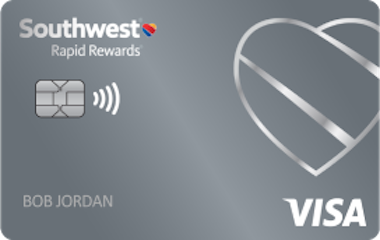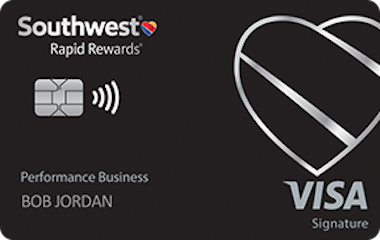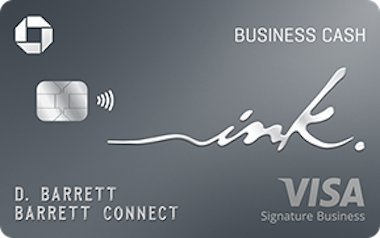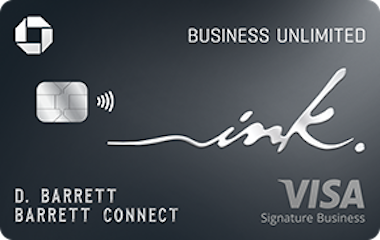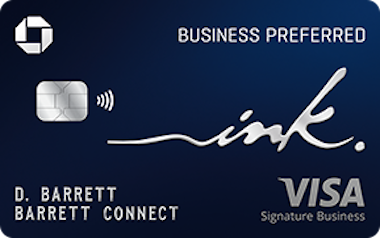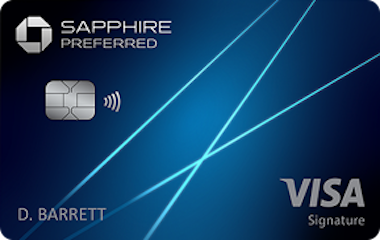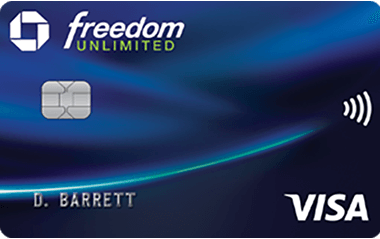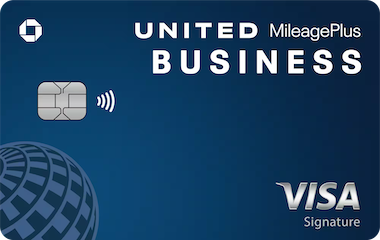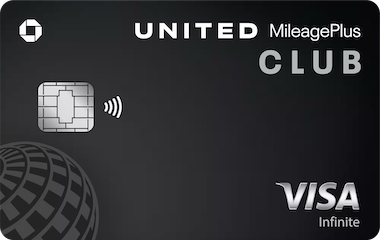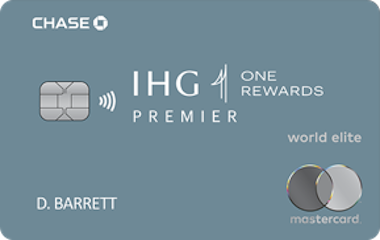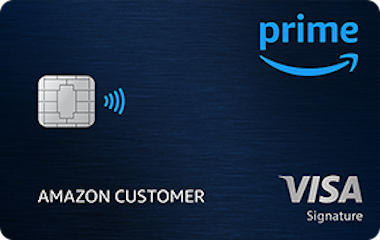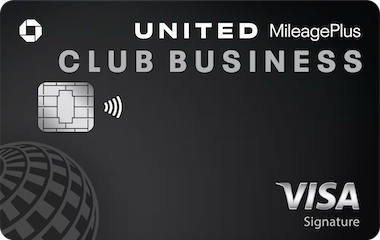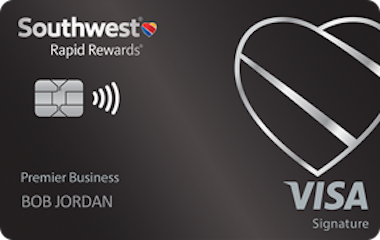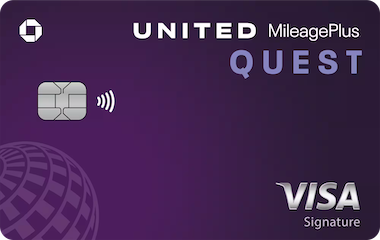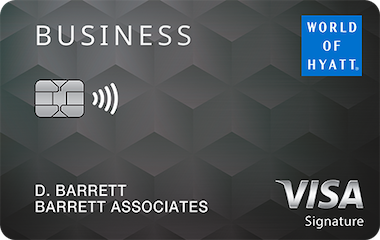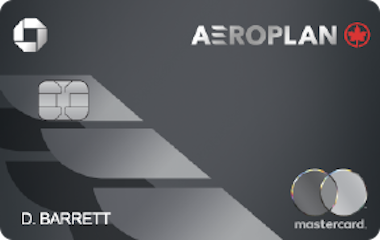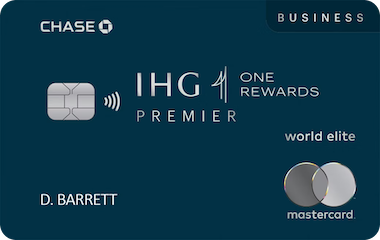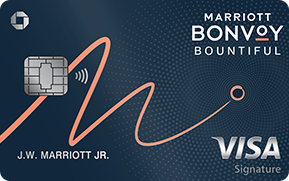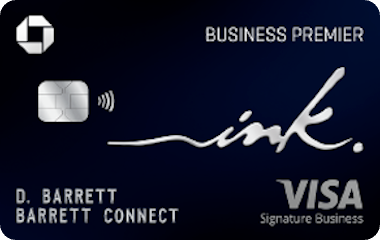Approval Rules Chase 2/30
You'll be declined if you apply for a third Chase card of any kind within 30 days
Deep Dive into the Chase 2/30 Rule
Chase business cards don't count towards 5/24. But they do count towards this rule: Apply for a third Chase card of any kind within 30 days, and you'll be declined. Don't worry, as long as you keep your cards up to date, we'll keep track and warn you if the rule is tripped.
Important to know:
Most of the major banks have some type of velocity rule like this, limiting the number of cards you can open in a short period of time.
- Chase also has the 4/6 rule, which says you cannot open a fifth Chase card in 6 months (both personal and business)
- American Express has the 3/90 rule stating you can’t open more than three cards in a 90 day period
- Citi has the 1/8 rule and 2/65 rule stating that you can’t open more than one card every eight days and more than 2 cards every 65 days
- Bank of America has the 2/3/4 rule stating that you can’t open more than two cards every two months, three in a rolling 12-month period, and four in a rolling 24-month period
- Capital One has the 1/6 rule preventing you from opening more than one card every six months
- Wells Fargo has the same 1/6 rule as Capital One - you won’t be approved for a second card if you’ve opened one in the previous six months
Related Rules
How Does This Affect Your Credit Card Strategy?
While the Chase 2/30 rule isn’t super important in a vacuum, it is an important one to know. This rule provides awareness that these types of rules exist within all banks. It opens the door to learning that banks put these in place to prevent you from churning through cards at too quick a pace. What defines “quick” is up to each bank, as you can see above.
While you do need to know the specifics of each bank’s rules as they all vary slightly, the most important takeaway from all these rules is the importance of pacing yourself. Some people get in the points and miles hobby to earn points for a specific trip they’re taking in the near future then stop getting new cards. But many want to get in this game for the long haul. Those in the hobby long-term want to earn points year over year to help them take trips they normally wouldn’t be able to afford and/or travel in a style their salary doesn’t allow (like flying business class).
Important to know:
If you’re in the latter camp and plan on collecting points and miles over years and decades, then it’s important to be aware of all these rules. You’ll want to come up with a strategy that will prevent denials as much as possible. And the first strategic decision that you have to make is not to open too many cards too quickly. It’s hard to do this when you get started. Seeing your point totals increase monthly is addicting. Cashing in those points for awesome travel experiences feeds that addiction.
But even if you abide by all the above rules, and you switch between banks and alternate between personal and business cards, if you go too fast there will come a time where you are shut out of certain banks, sometimes several at a time. And that is what you want to prevent. It is possible to churn through cards when you get started, earning hundreds of thousands of points over the course of a year by opening a new card every month. But if you do that, at some point it’s going to catch up with you. We suggest employing strategies from the get-go to prevent this from ever happening.
Importance of this Rule
* * *
At the surface level, the specifics of this rule aren’t too important. Most people will never be in a position to open three cards in one month, which would trip this rule. The concept of this rule, along with the other velocity rules in effect by other banks, is what makes this rule important though. This rule should be a warning to everyone in the hobby to take your time, pace yourself, and take a long-term view.
While this rule says you may be able to open two cards within one month, ask yourself if it is necessary to do this (sometimes that answer may be yes - as long as you don’t do it often)? Even if you open a Chase card and meet the spend immediately because of a big purchase, we’d recommend opening a card from a different bank next, even if Chase will allow you to open a second. The more cards you open with a specific bank in a short period of time, the quicker the red flags will go up to that bank, even if you are following the rules.
Cards Subject to This Rule
FAQs
Are there exceptions to this rule?
No, this rule includes both personal and business cards from Chase.
How do I check my status?
The Points Navigator functions to prevent you from ever getting into trouble because of this rule or any other credit card rule. By adding all your cards into our system, we’ll warn you if you trip this rule.
Do business cards count for this rule?
Yes, business cards also count against this rule.
Do product changes on existing cards count for this rule?
No, since you wouldn’t be filling out a new application when you product change from one card to another, that would not count against this rule. It only matters when you’re opening new cards.
About Approval Rules
Collecting credit card points is largely driven by understanding and abiding by bank rules regarding approval (or disapproval) of cards. So here's what you need to know:
- Approval rules are rarely fully publicized by the banks
- We use our own research and data points from other users in creating the rules listing
- Our goal in sharing/using the rule listings is to provide you guidance to avoid getting declined
- There can sometimes be exceptions to the rules, but we try to take a more cautious approach in advising you.



